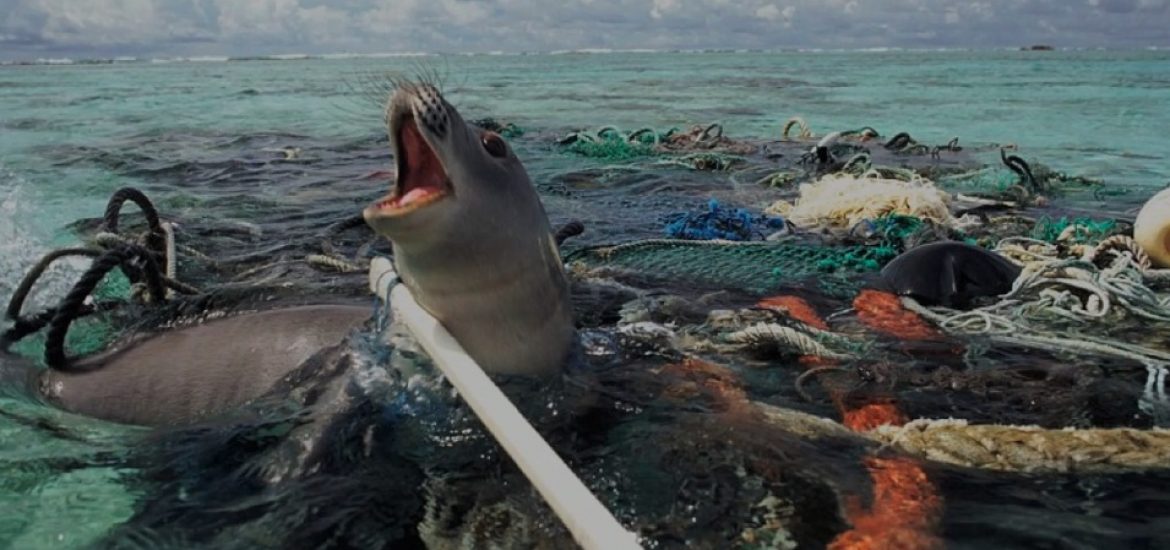
The European Commission has proposed a ban on single-use plastic to protect marine life and cut the amount of oil being used in the petrochemical sector.
The European Parliament has said plastic production is now 20 times higher than in the 1960s, creating considerable demand for oil.
It has been estimated that about 12 million barrels of oil a year is used to make plastic bags.
The European proposals target plastic items, including straws, cotton buds, cutlery, balloon sticks and drink stirrers along with proposals to recycle almost all plastic bottles by 2025.
Brussels’ proposal has been partly spurred into action by China’s decision to no longer import plastics for recycling, saying it is no longer profitable or ecologically sustainable.
The heavy energy demands and inefficiency of recycling are increasingly being revealed, undermining one of the most common defences of single-use plastics.
But the plan would need to be approved by the 28 member states in the European Council and MEPs.
But this week the response to the proposal was largely positive.
“The only way to stop plastics pouring into our oceans is to turn off the flow at its source: production,” said Lasse Gustavsson of the environmental group Oceana in praise of the commission’s plan.
The commission estimates that the ban would cut around 3.4 million tonnes of carbon emissions, reduce damage to the environment that would save the equivalent of €22 billion by 2030 and consumers €6.5 billion.
European Green Party MEP Monica Frassoni welcomed the initiative, saying “the scale of the problem means that we cannot rely on individual European countries to take action and must instead find a Europe-wide response”.
“Plastic waste is undeniably a big issue and Europeans need to act together to tackle this problem,” EU Vice President Frans Timmermans told the media.
“Today’s proposals will reduce single-use plastics on our supermarket shelves through a range of measures.
“We will ban some of these items and substitute them with cleaner alternatives, so people can still use their favourite products.”
The EU’s proposals are targeting disposable food containers, plastic plates, cutlery and cups and fast-food packaging.
The policy proposal did not set a deadline for a total ban on single-use plastics but, if it is approved, member states would need to demonstrate an active effort to reduce the plastic food containers available for sale.
Member states would be expected to run educational campaigns where manufacturers were required to label products clearly and inform the public how plastic was being disposed.
Incentives would also be given to producers to encourage them to use sustainable materials.
Firms producing plastic products might also be forced to contribute to waste disposal costs meaning, for example, plastic fishing equipment manufacturers might have to pay for the cost of collecting waste from the sea.
Plastic waste is becoming one of the greatest threats to maritime life. Picture credit: Flickr





